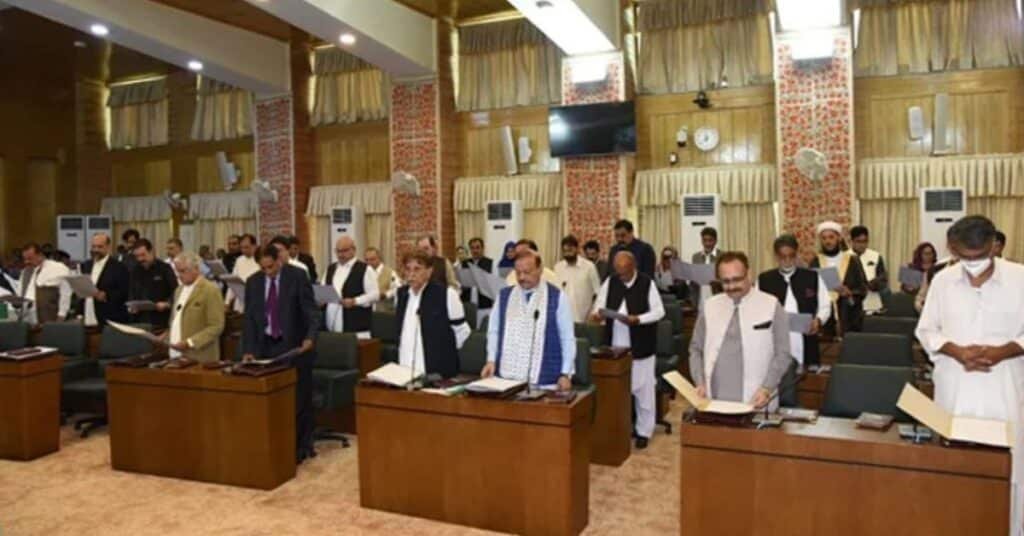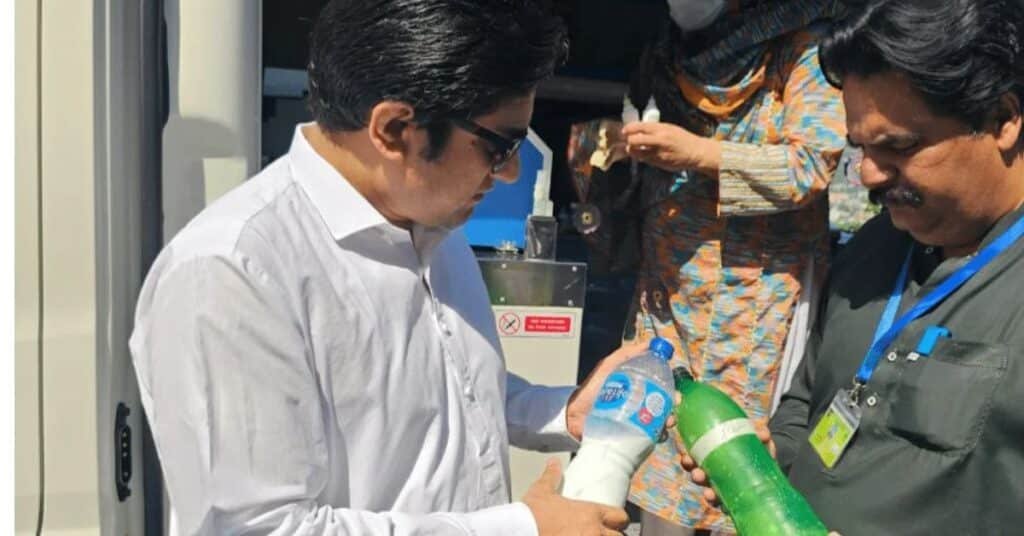By: Zulfiqar Ali (Kashmir Investigation Team)
MUZAFFARABAD: In Azad Jammu and Kashmir (AJK), the weak economic structure, absence of a strong industrial base, and limited private sector activity have made government jobs the primary source of employment.
However, experts warn that this overdependence on the public sector is placing an unsustainable financial burden on state institutions and stifling socio-economic development.
“This reliance creates economic stagnation, which can escalate into a long-term crisis,” one expert noted.
They said that excessive dependence has not only put an unnecessary burden on institutions but is also creating obstacles in the overall socio-economic development of the region.
The experts added that government institutions, which were established to provide specific public services, are now facing severe financial pressure due to the presence of excessive staff.
“A large part of the budget is spent only on salaries, allowances, and pensions; development expenditure, public welfare projects, and infrastructure improvements take a back seat,” an expert noted.
They stated that, currently, Azad Kashmir’s annual budget of Rs 158 billion is being spent on salaries, allowances, and pensions, which reflects an unbalanced fiscal system.
This situation is not limited to financial burden only, but is also giving rise to administrative problems, reduced efficiency, and institutional inactivity.
The Azad Kashmir Assembly Secretariat is a prime example. Despite having only 53 assembly members, including the Prime Minister, 31 ministers, two advisors, two special assistants, the Speaker, Deputy Speaker, Leader of the Opposition, and 14 other members, the Secretariat employs 449 staff members.
Of these, 121 officers are in Grades 16–21, while 318 employees are in Grades 1–15. Budget records show 211 workers in Grades 1–10, covering positions such as deputy messengers, drivers, doormen, watchmen, toilet cleaners, sweepers, gardeners, mattress handlers, waiters, and masalchi (kitchen helpers).
According to the budget documents, there are two messengers, forty-nine deputy messengers, twenty-eight drivers, fifteen doormen, nine watchmen, four toilet cleaners, eleven sweepers, fourteen gardeners, two mattresses, twenty-two waiters, and two masalchi.
The total number of members of the Azad Kashmir Assembly is fifty-three, including the Prime Minister, thirty-one ministers, two advisors, and two special assistants. In addition, there are the Speaker, Deputy Speaker, Leader of the Opposition, and 14 members.
For the current financial year, the Assembly Secretariat’s budget stands at Rs 85.36 crore. Of this, Rs 1.17 crore is allocated for salaries of the Speaker, Deputy Speaker, Leader of the Opposition, and 14 other members, while Rs 22.96 crore is earmarked for staff salaries, Rs 12.06 crore for officers, and Rs 9.79 crore for other employees.
Budget documents further reveal that the Secretariat has set aside Rs 62.66 crore for allowances this fiscal year, of which Rs 56.19 crore is for regular allowances alone.
Analysts say these figures highlight a growing imbalance in the government’s financial system, where most resources are spent on maintaining administrative machinery rather than delivering public services.
The Secretariat already employs 449 staff members for only 53 Assembly members, sparking concerns about overstaffing and fiscal waste. Critics are questioning whether the new vacancies are genuinely necessary or simply politically motivated appointments.
With AJK’s official unemployment rate above 14% and researchers suggesting the real figure is even higher, analysts warn that if the new hiring process lacks transparency and merit, it could further erode public trust.
“This raises critical questions,” one analyst said. “Are these positions truly needed? Will they be filled on merit, or will they become vehicles for nepotism and political patronage?”
Experts argue that the recruitment of additional employees will place further strain on the institutional budget, reducing funds available for development projects and public welfare programs, which are already under pressure.
They stress that dismissing such concerns as mere public complaints undermines trust in government. Restoring credibility, they say, requires prioritizing transparency, accountability, and merit-based hiring.
Policy experts have proposed urgent measures, including conducting an independent performance audit to determine real staffing needs, strengthening the private sector to create alternative employment opportunities, cutting expenditure on unproductive sectors, and shifting resources toward education, health, infrastructure, and public welfare.
They warn that unnecessary recruitment and excessive spending on incentives signal “institutional decay” and that overreliance on government jobs is damaging both fiscal stability and socio-economic development in AJK.
“The decision to advertise 29 more posts, despite already heavy staffing, shows a lack of planning and disconnect from actual needs,” one analyst concluded. “If urgent reforms are not implemented, this could lead to institutional decline and a dangerous erosion of public trust.”




